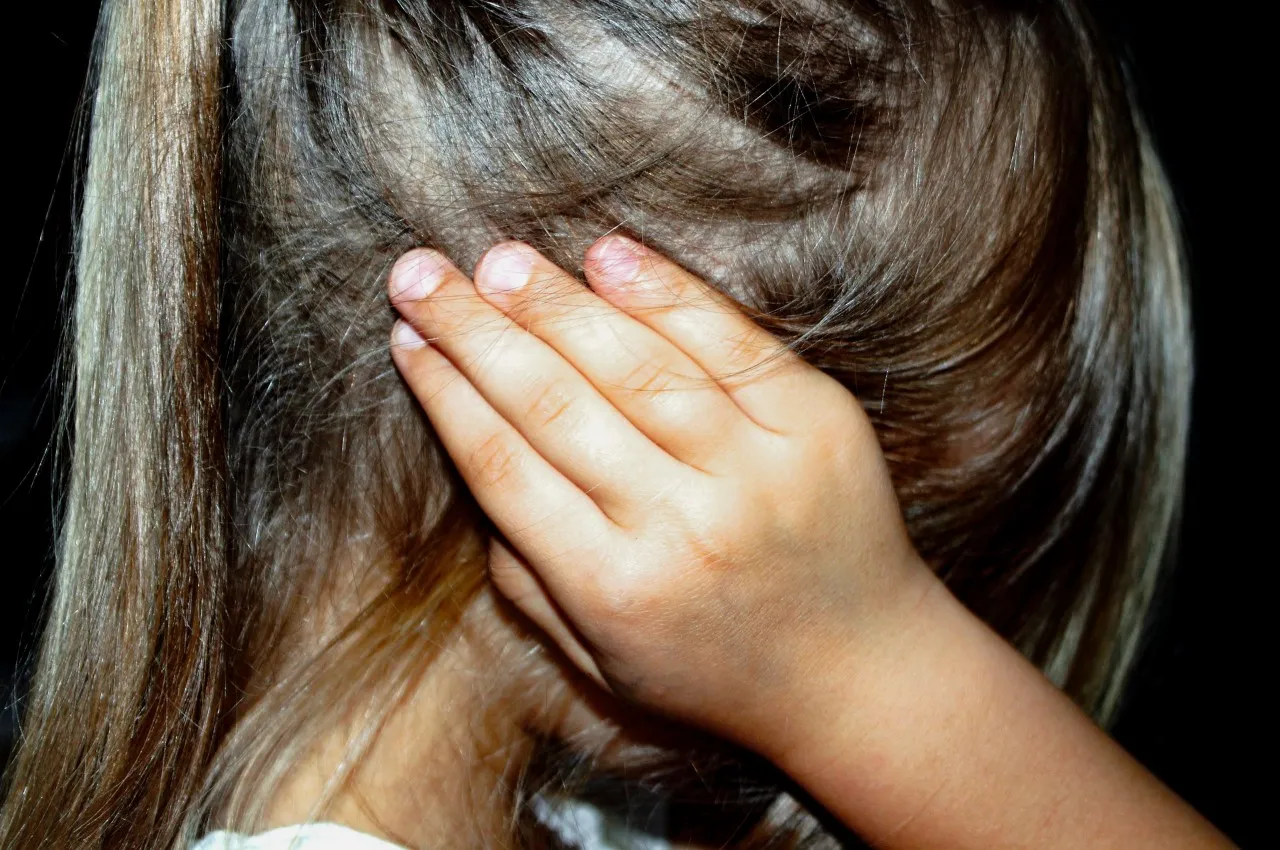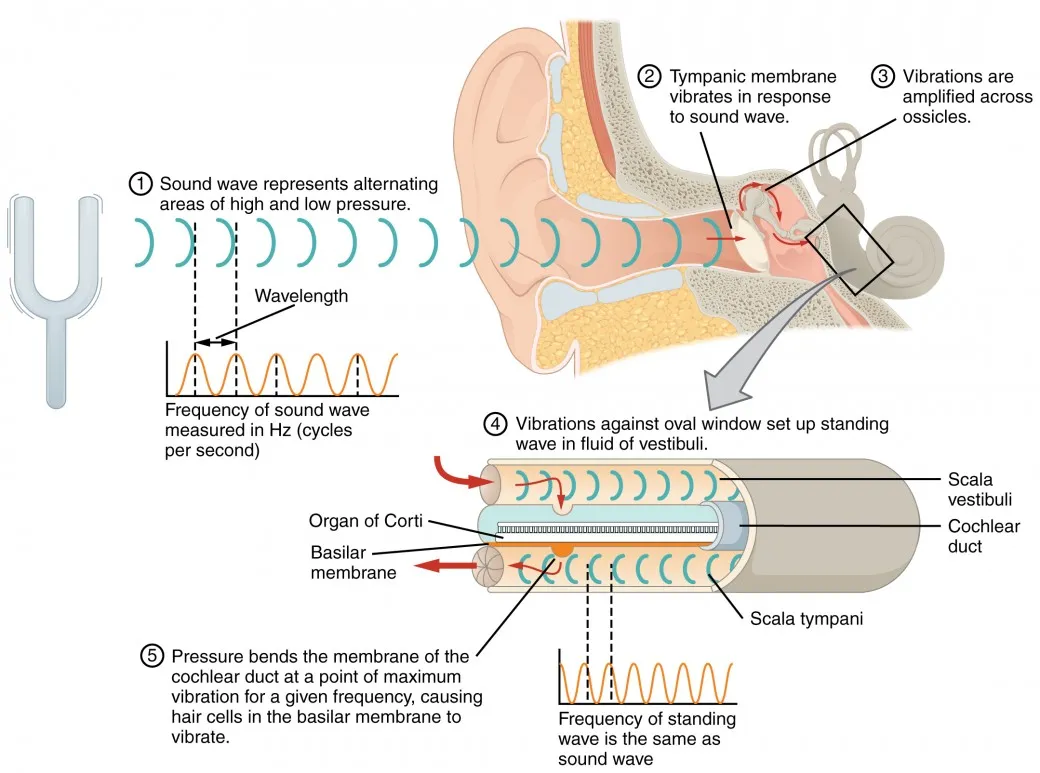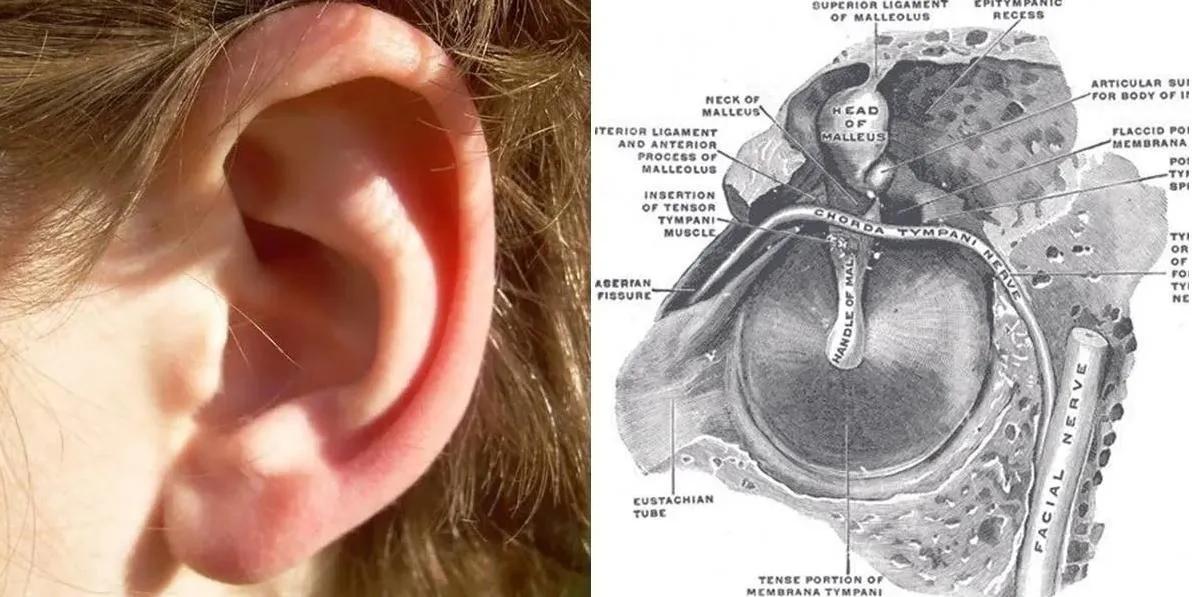Have you ever been in a quiet room and suddenly noticed a persistent rumbling sound in your ears? You’re not alone! Many people experience this unsettling sensation, often referred to as tinnitus. In this post, we’ll delve into the causes of these rumbling sounds and explore effective solutions to alleviate them. Understanding what triggers these noises can be the first step towards finding relief.
What is Tinnitus?

Tinnitus is the perception of sound when no external noise is present. Think of it as your ears playing tricks on you, creating a symphony of sounds that only you can hear. This condition can manifest in various forms, including ringing, buzzing, hissing, or indeed, a rumbling noise. It’s important to know that tinnitus isn’t a disease itself but rather a symptom of an underlying issue.
Here are some common characteristics of tinnitus:
- Types: Tinnitus can be subjective (only heard by the individual) or objective (heard by others, usually in a clinical setting).
- Intensity: The volume of the sound can vary greatly, from a faint whisper to a loud roar.
- Duration: Some people experience tinnitus occasionally, while others may have it continuously.
Understanding tinnitus is crucial for managing it. Various factors can contribute to its onset, including:
| Causes | Description |
|---|---|
| Hearing Loss | Age-related or sudden hearing loss can trigger tinnitus. |
| Exposure to Loud Noise | Prolonged exposure to loud sounds can damage the inner ear, leading to tinnitus. |
| Ear Infections | Infections can cause inflammation and result in rumbling sounds. |
| Medical Conditions | Conditions like Meniere’s disease and acoustic neuroma may also cause tinnitus. |
In the upcoming sections, we’ll explore solutions and coping strategies to help manage this often frustrating condition!
Also Read This: How to Create an Elsa Braid with This Fun Hairstyling Tutorial
Common Causes of Rumbling Sounds in Ears

Have you ever experienced that peculiar rumbling sound in your ears? You're not alone! Many people encounter this phenomenon, and it's often due to a variety of common causes. Let's dive into some of these.
- Eustachian Tube Dysfunction: The Eustachian tube connects your middle ear to the back of your throat. When it doesn't open properly, it can create a feeling of fullness and rumbling sounds, especially during changes in altitude, like when you're flying or driving through mountains.
- Earwax Buildup: Excess earwax can block sound waves from passing through the ear canal. This blockage may lead to strange noises, including rumbling sounds, as your body tries to adjust to the obstruction.
- Middle Ear Muscle Spasms: Sometimes, the tiny muscles in your middle ear can spasm, causing an involuntary rumbling sound. This can happen due to stress or fatigue.
- Changes in Atmospheric Pressure: When you quickly ascend or descend, the pressure in your ears may not equalize properly, resulting in a rumbling noise as your Eustachian tubes struggle to balance the pressure.
- Jaw Issues: Conditions like temporomandibular joint (TMJ) dysfunction can lead to rumbling or popping sounds in your ears due to the close proximity of the jaw joint to the ear.
Also Read This: Understanding the Connection Between Telegram and Gazette
Medical Conditions Linked to Ear Noises

Rumbling sounds in your ears can sometimes be linked to underlying medical conditions. Understanding these conditions can help you identify when to seek professional advice. Here are some noteworthy ones:
| Condition | Description |
|---|---|
| Tinnitus: | A condition characterized by hearing sounds that aren’t present in the environment, such as ringing or rumbling. It can be triggered by exposure to loud noises, ear infections, or age-related hearing loss. |
| Ear Infections: | Infections in the middle ear can create fluid buildup, leading to pressure changes and unusual sounds, including rumbling. |
| Hearing Loss: | Certain types of hearing loss can cause distorted sound perception, leading to noises that might resemble rumbling. |
| Meniere's Disease: | A disorder of the inner ear that can cause episodes of vertigo, ringing in the ears, and a feeling of fullness, often accompanied by rumbling sounds. |
If you find that these sounds are persistent or bothersome, it’s wise to consult with a healthcare professional for proper diagnosis and management.
Also Read This: Can You Sell a YouTube Channel Legally and Practically
How Stress and Anxiety Impact Ear Sounds

Have you ever noticed a rumbling sound in your ears when you’re feeling particularly stressed or anxious? You’re not alone! Stress and anxiety can significantly affect our bodies, including our auditory system. When you're under pressure, your body goes into a heightened state of alertness, which can lead to a variety of physical symptoms, including those annoying ear sounds.
Here’s how stress and anxiety can impact ear sounds:
- Tinnitus Trigger: Stress is a common trigger for tinnitus, a condition characterized by ringing, buzzing, or rumbling sounds in the ears. The body’s response to stress might heighten awareness of these sounds.
- Muscle Tension: Anxiety can lead to muscle tension in the neck and jaw, which can affect the ears. This tension can create pressure that might result in unusual sounds.
- Circulation Changes: Stress can also affect blood circulation. When blood flow to the ears is altered, you may experience a sensation that resembles rumbling.
Recognizing the connection between your emotional state and ear sounds can be the first step toward finding relief. It’s essential to manage stress and anxiety not just for your mental health but for your auditory wellbeing too.
Also Read This: How Shutterstock Payment Works and How to Receive Your Earnings
Effective Solutions and Remedies
Dealing with rumbling sounds in your ears can be frustrating, but there are practical solutions and remedies that can help mitigate this issue. Here’s a breakdown of some effective strategies:
- Relaxation Techniques: Incorporate relaxation methods such as yoga, meditation, or deep breathing exercises. These practices can help reduce stress and potentially lessen ear sounds.
- Sound Therapy: Using background noise or white noise machines can mask the rumbling in your ears. This technique can be especially useful at night when you’re trying to sleep.
- Stay Hydrated: Drink plenty of water! Dehydration can exacerbate ear problems, so keeping hydrated helps maintain overall ear health.
- Consult a Professional: If ear sounds persist, consult an audiologist or an ENT specialist. They can assess any underlying issues and recommend tailored treatments.
- Limit Caffeine and Alcohol: Both substances can increase anxiety and potentially worsen ear sounds. Moderation might lead to improvements.
Finding the right combination of these solutions can lead to significant relief from those pesky ear sounds. Remember, you’re not alone in this, and there are ways to manage and reduce the impact of stress on your auditory experience.
Also Read This: How to Create a Dailymotion Account Without Using Gmail
7. When to Seek Medical Attention
Experiencing rumbling sounds in your ears can be disconcerting, and while it’s often harmless, there are specific situations where you should definitely consider seeking medical attention. Knowing when to reach out to a healthcare professional can help you address any underlying issues promptly. Here are some signs to watch for:
- Persistent Symptoms: If the rumbling sounds last for more than a few days, it’s time to consult a doctor.
- Severe Discomfort: If the sounds are accompanied by pain, it could indicate an ear infection or other serious conditions.
- Hearing Changes: Sudden changes in your hearing ability, such as muffled sounds or loss of hearing, warrant immediate evaluation.
- Dizziness and Balance Issues: If you're experiencing vertigo or difficulty maintaining balance along with those sounds, it’s worth a visit to a specialist.
- Accompanied Symptoms: If the rumbling is accompanied by symptoms like fever, drainage from the ear, or a feeling of fullness, it's essential to seek medical advice.
Remember, it’s better to be safe than sorry. If you feel something is off, don’t hesitate to book an appointment with an audiologist or ENT specialist. They can provide a thorough examination and tailor a treatment plan just for you.
8. Conclusion
In conclusion, while rumbling sounds in your ears can be baffling, understanding their potential causes and solutions is vital for your peace of mind. Whether they stem from conditions like Eustachian tube dysfunction, loud noises, or even stress, knowing that there are ways to address them can be reassuring. Here’s a quick recap:
- Stay Informed: Knowledge is power. Understanding the mechanics of your ears can help you identify issues early.
- Consult Professionals: If symptoms persist or worsen, don’t hesitate to seek medical advice.
- Practice Good Ear Health: Simple habits like avoiding loud environments and managing allergies can make a big difference.
Embrace a proactive approach to your ear health. By staying observant and informed, you can mitigate the impacts of those rumbling sounds and enjoy a healthier auditory experience. After all, your ears are a crucial part of how you interact with the world!